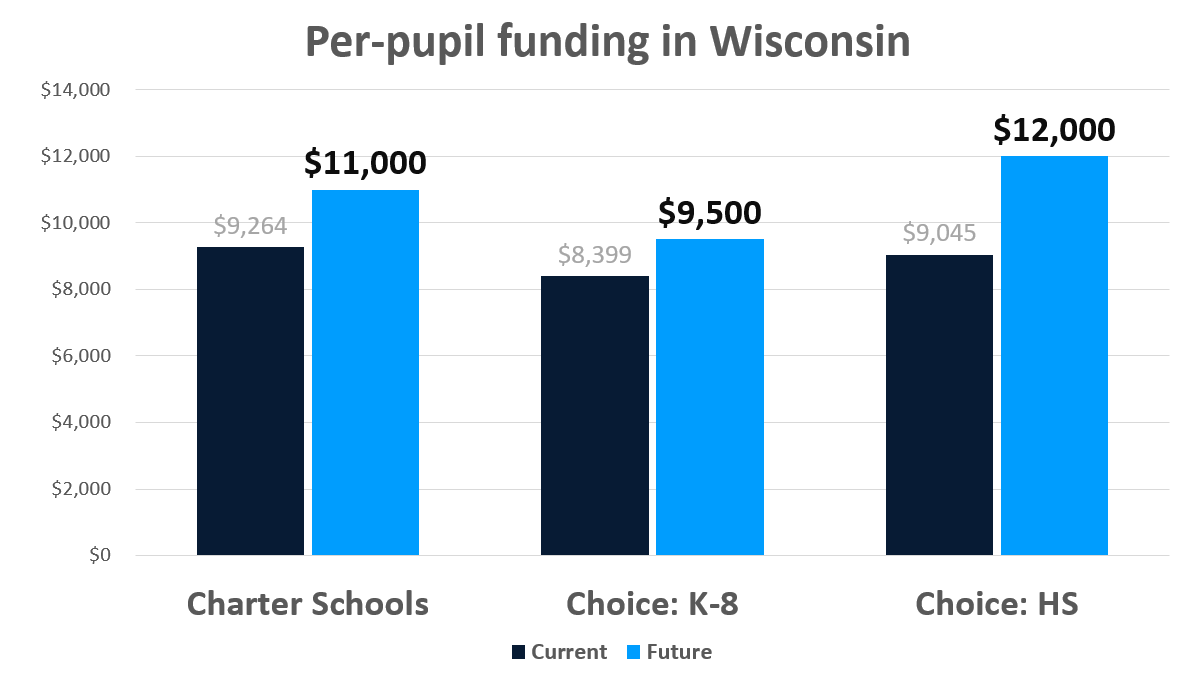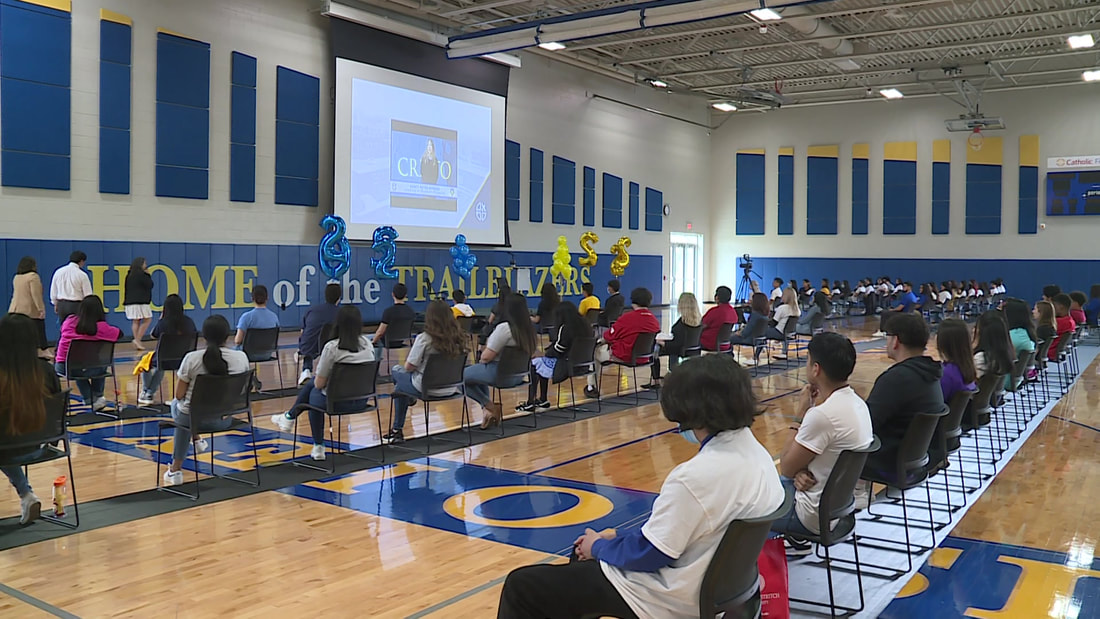This year’s state budget narrowed the per-pupil spending gap between charter and choice schools and their public-school counterparts. The measures were enacted as part of a larger $1 billion spend on education signed by Gov. Tony Evers last week.
“Investing in our students provides a better future for all children and their families ,” said Tim Sheehy, MMAC President. “Equitable funding leads to better outcomes educationally and, in the long term, economically. We thank state leadership for working together on this issue.”
Cristo Rey Jesuit High School, a choice school opened in 2015 on the city’s near south side, has built a culture of success on a scale much like that of MAS. The school has seen 100 percent of its graduates accepted to four-year colleges or universities since its inaugural class of 2019. Leadership at the school said the state spending measure provides a bright future for all of Milwaukee.
Additional funds provide some flexibility for choice and charter schools in the region. Stith said the funding increase will allow his school to get a good jumpstart on its recently developed strategic plans calling for capital improvements, new programming and more to further its distinction as a destination high school in Milwaukee. “We only have students for four years, so we are grateful to be able to start driving additional resources where they make the most impact in the immediate term,” he said. With 2,000 applicants for admission, McHenry said MAS – which currently has 1,400 students – is looking for additional space to accommodate the interest. Additional funding could help with those plans. He also mentioned looking at more competitive compensation to attract and retain talent at the school. Both McHenry and Stith see spending measures like this as beneficial in a much larger sense. “If Milwaukee is truly going to be a Region of Choice for talent and businesses in the future, investments like this matter right now,” said Stith. “… The ripple effect of this funding in the wider community means that our school will be a meaningful part of the solution to generating the workforce that will sustain our businesses and quality of life in the future …” McHenry added that bipartisan legislation provides hope to people who feel their voices have not been heard. “It was safe to say that we unfortunately had gotten to a point in which we didn’t think government was working for the people,” he said. “We got a win. More people’s voices were heard.” Interested in learning more? Check out MMAC's K-12 Education Agenda for Improving student outcomes by investing in quality schools.
Comments are closed.
|
|
Copyright © 2024 Metropolitan Milwaukee Association of Commerce
All rights reserved. 301 W Wisconsin Ave., Ste. 220 | Milwaukee, WI 53203 Tel 414/287-4100 | Fax 414/271-7753 | [email protected] | Privacy Policy |
|





 RSS Feed
RSS Feed